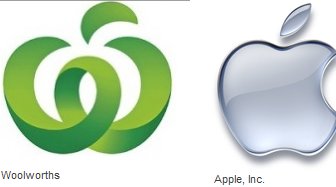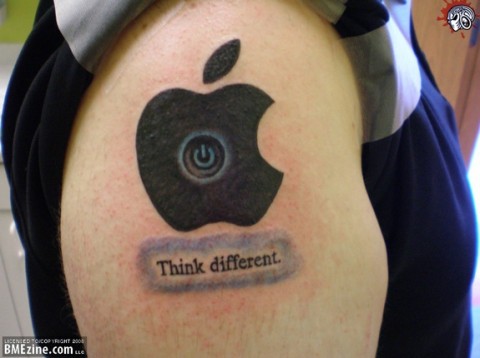Charles Stross looks at the rapid changes in the mobile computing and telephone markets brought about by the smart phone:
Pre-2005, digital mobile phones typically ran on GSM, with GPRS data limited to 56kbssec, or Verizon’s CDMA. This badly choked their ability to do anything useful and internet-worthy. By 2005, the first 3G networks based on WCDMA (aka UMTS) began to open up. By 2009, 3G HSDPA networks can carry up to 7.2mbps. The modem-grade data throughput of the mid-noughties smartphone experience has been replaced by late-noughties broadband grade throughput, at least in the densely networked cities where most of us live. (I am not including the rural boondocks in this analysis. Different rules apply.)
To the mobile phone companies, 3G presented a headache. They typically offered each government billions for the right to run services over the frequencies freed up by the demise of old analog mobile phone services and early TV and other broadcast systems; how were they to monetise this investment?
They couldn’t do it by charging extra for the handsets or access, because they’d trained their customers to think of mobile telephony as, well, telephony. But you can do voice or SMS perfectly well over a GSM/GPRS network. What can you do over 3G that justifies the extra cost?
Version 1 of their attempt to monetise 3G consisted of walled gardens of carefully cultivated multimedia content — downloadable movies and music, MMS photo-messaging, and so on. The cellcos set themselves up as gatekeepers; for a modest monthly fee, the customers could be admitted to their garden of multimedia delights. But Version 1 is in competition with the internet, and the roll-out of 3G services coincided (and competed) with the roll-out of wifi hotspots, both free and for-money. It turns out that what consumers want of a 3G connection is not what a mobile company sees fit to sell them, but one thing: bandwidth. Call it Version 2.
Becoming a pure bandwidth provider is every cellco’s nightmare: it levels the playing field and puts them in direct competition with their peers, a competition that can only be won by throwing huge amounts of capital infrastructure at their backbone network. So for the past five years or more, they’ve been doing their best not to get dragged into a game of beggar-my-neighbour, by expedients such as exclusive handset deals (ever wondered why AT&T in America or O2 in the UK allowed Apple to tie their hands and retain control over the iPhone’s look and feel?) and lengthening contractual lock-in periods for customers (why are 18-month contracts cheaper than 12-month contracts?).





